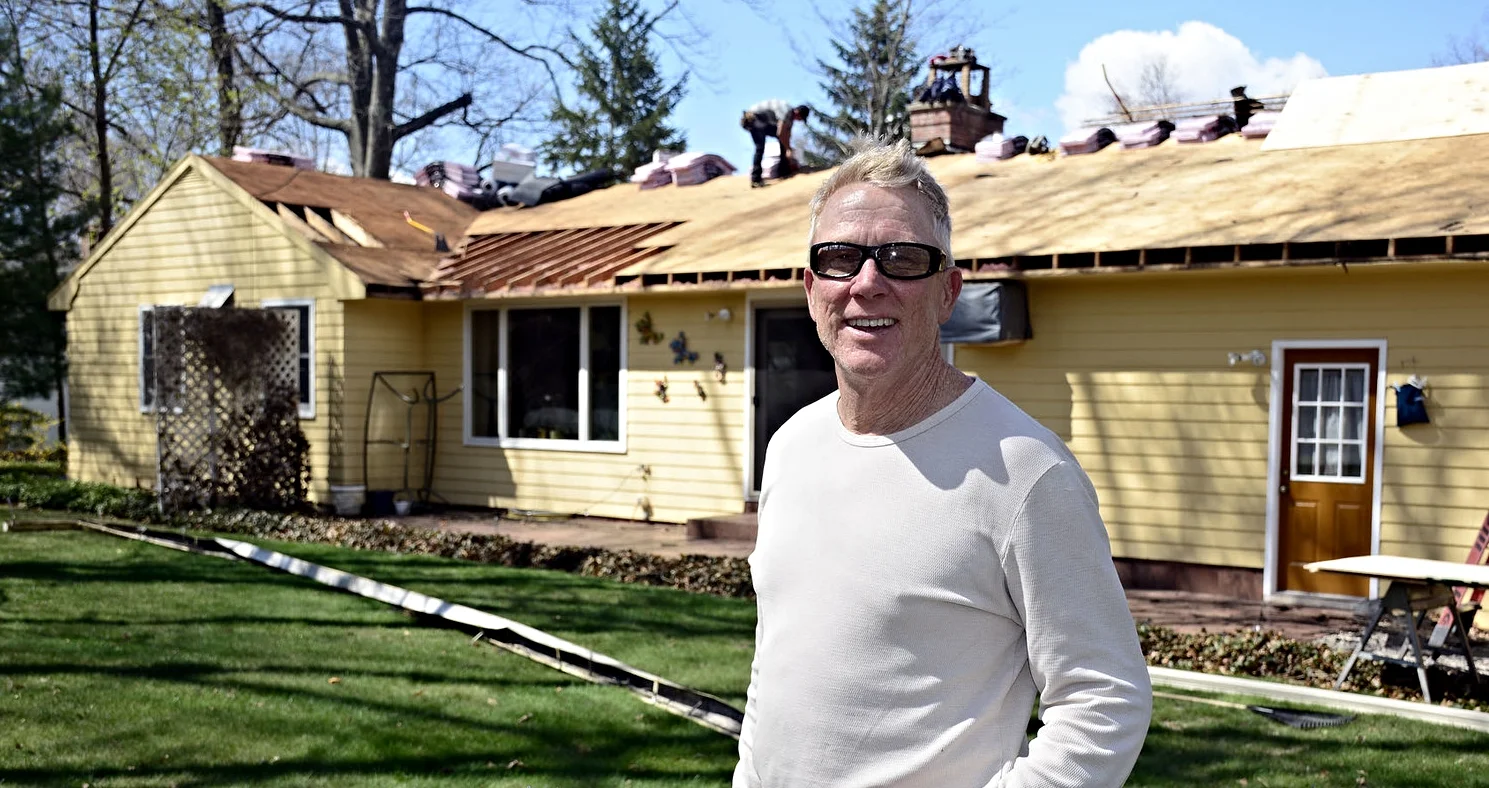A Storm Prep Kit Is Essential All Year Round
Chelsea O'Donnell
We dodged what could have been a very serious storm last weekend, but don’t think that we’re out of the woods just yet. An active Atlantic hurricane season won’t officially end until November 30th, right around the time that snow can start showing up. So how can you be prepared for a storm of any kind? Here are a few of my favorite supplies.
Portable Generator. When a storm knocks the power out, a generator can be a lifesaver. But a permanent one can be costly. Instead, why not invest in a portable generator that can easily be stored in the garage? Many of the models on the market today are lightweight, efficient, and can handle multiple appliances and electronics at once.
Gas. While gas is essential to run a generator, it’s smart to make sure you have a full tank in your car and a backup can in the garage in case of an emergency. If the power goes out for any length of time, you might need your car for heat, air, or even as a charging station.
Ice. While you’re at the gas station, pick up a few bags of ice to store in the freezer. Food will keep cold in a closed refrigerator for four hours, but after that, time starts ticking. I also recommend getting some dry ice packs, which can be stored anywhere and will only get cold once activated. They don’t stay chilled for long, but they can really come in handy short-term for essentials like medication.
Batteries. A lot of people love rechargeable batteries but if the power goes out and you don’t have a way to recharge them, they are pretty much useless. Keep a pack or two of standard batteries for your flashlights and essentials.
Water. This is probably the most obvious one, but well worth a mention. If for any reason you lose access to clean drinking water, having a stash is always a good idea. Before a storm hits, it’s also smart to fill your bathtub so you have access to non-potable water for flushing, washing, and cleaning.
Food. Yes, you want to make sure you have food in the house, but don’t go too crazy. If you lose power, you’ll likely end up throwing out a lot of what you bought, so instead focus on pantry items with a long shelf life.
Chargers. Keep all essential items such as phones and computers fully charged, and consider purchasing a portable charging bank as a backup. Just don’t forget to keep that backup charged as well.
Battery-powered radio. We are all so used to the internet that it seems almost impossible to get news any other way. If you’re left without power and WiFi and you rely on the interweb, you’ll really understand the meaning of feeling disconnected. A battery-powered radio will ensure you can get news and emergency communications.
Emergency contacts. Write your emergency contacts on a piece of paper and store them in a safe place. Keeping the phone numbers for police, fire, medical, and power companies will ensure you can reach them if you need to.
A small rake. Yes, that’s what I said. From hurricanes to snowstorms, one of the biggest causes of property damage is flooding. By keeping drainage clear, you’re more likely to direct water away from your home and flowing the way it should be. A rake or shovel is a handy tool to get rid of excess debris that might be clogging downspouts or streetside drainage.
Bob O’Donnell is the owner of O’Donnell Bros. Inc., a Bristol-based home improvement company established in 1975. Email your questions to info@odonnellbros.com with the subject line “Ask the Pro.” All questions may be considered for publication. To contact Bob for your remodeling needs, call O’Donnell Bros. Inc. at (860) 589-5155 or visit http://www.odonnellbros.com. Advice is for guidance only.
